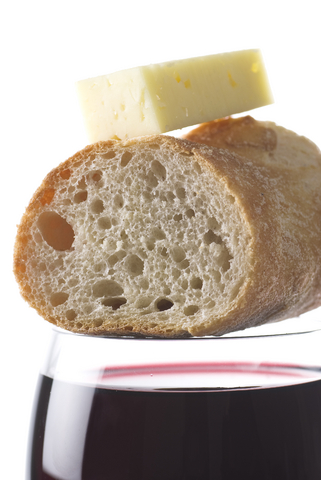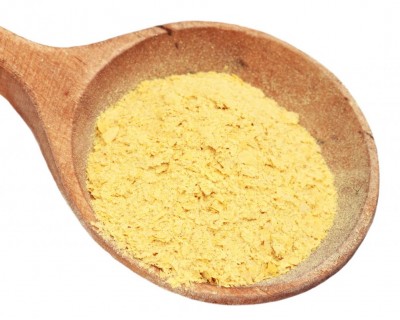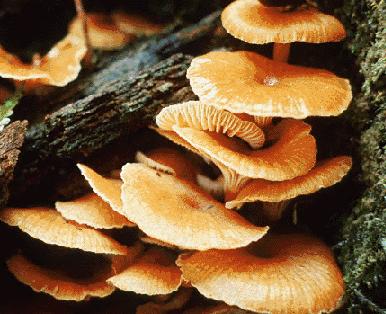Difference between Yeast and Fungi

Fungus is a member of the fungi kingdom whereas Yeast, which can be related to mushrooms in a few ways, is categorised as is unicellular fungi. Long tubes known as hyphae make up dominant portion of Fungus.
The number of known species in the fungus kingdom is somewhere around 80,000. This large number of fungus species makes it very difficult to describe a general set of characteristics for the fungus kingdom. A notable fact about fungi is that it does not produce its own food by photosynthesis because fungus does not contain chlorophyll. Lack of vascular tissues in fungus makes it impossible for fungus to get wide variety of nutrients.
Reproduction methods in yeasts and fungi differ as well. Fungi can reproduce either sexually or asexually whereas yeasts have to reproduce through budding. Fungi those reproduce through spores use the sexual method of reproduction whereas fungi those reproduce by cloning themselves use the asexual method of reproduction.
Fungus is one the most commonly used ingredients when it comes to decomposition of organic food. Truffles and mushrooms, most commonly found forms of fungus are also used as food. Yeasts on the other hand serve mainly in the fermentation process.
Instructions
-
1
Yeasts
Eukaryotic microorganisms, having 1500 known species and classified in the Fungi kingdom are called Yeasts. Almost all yeast types are unicellular. However, a very few number of yeast types become multicellular by forming a chain of interconnecting budding cells. Yeasts are largely used in the manufacturing of alcoholic beverages such as beer and wine. Moreover, yeasts are also used in the backing process and also in the production of pure ethanol at the industrial level. Food spoilage occurs when yeasts grow in food products for a fairly long period of time.
- Image Courtesy: bestpricenutrition.com

-
2
Fungus
A fungus is one of the many members of a group of eukaryotic microorganisms. Yeasts, moulds and more familiar mushrooms also fall in the same group as fungi. Fungi have a large number of uses in daily life. They are used in manufacturing drugs and cultured foods as well. Fungi also have a medicinal use in folk medicines such as Traditional Chinese Medicine. Moreover, they are also used for pest control on a large scale. An important fact to be realised when using the mushroom form of fungi for edible purposes is that not all mushroom species are fit for eating since some of them are poisonous.
- Image Courtesy: ucmp.berkeley.edu








